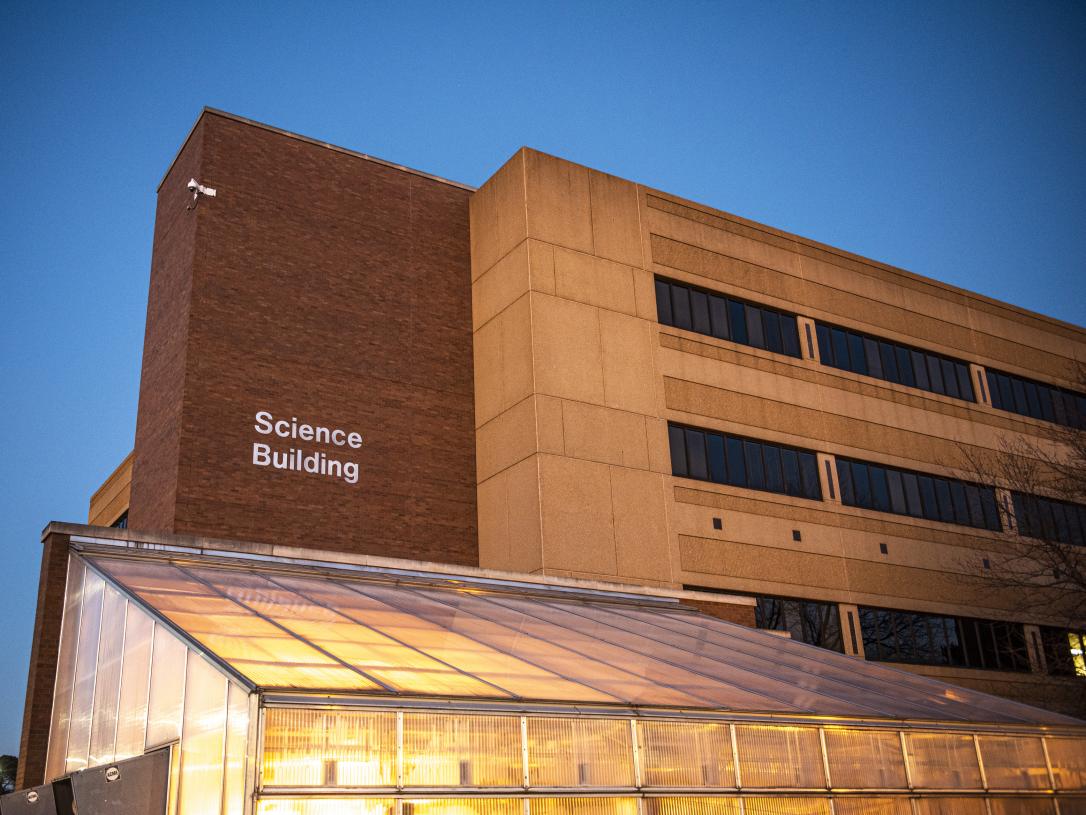
News Release
Community Counseling Center receives CARES Act funding
FORT WAYNE, Ind.—Every week, clients of Purdue University Fort Wayne’s Community Counseling Center continue to receive mental health services, even as the COVID-19 pandemic remains active.
In March, during the university’s “extended spring break,” which preceded the closing of campus and limiting access to only essential employees, faculty members in the School of Education’s Counselor Education Department quickly began researching telehealth platforms, HIPAA policies, best practices, and documentation procedures. They were looking for a way the Community Counseling Center could remain open, yet keep everyone safe from the pandemic.
“The clinic had to remain open; it was simply not an option to close the counseling center, because our clients deserved continuity of care and to continue work with counselors they had come to trust,” said Kerrie Fineran, director of counselor education at Purdue Fort Wayne. “The faculty made it happen with the help of a variety of university offices, including our dean’s office in the College of Professional Studies, Information Technology Services, Purdue Legal, Development, Academic Affairs, and the Office of Sponsored Programs,” Fineran added.
The clients “meet” with their regular counselor via telehealth systems the center was able to obtain, thanks in part to a Federal Communications Committee grant of nearly $35,000.
Those funds, which are part of the federal CARES Act, allowed the center to buy tablets, keyboards, and other online accessories for all the counselors. The new equipment will only be used for counseling center work, improving equipment issues, and enhancing confidentiality.
“Ninety percent of our clients were able to remain in contact with their counselors through our telehealth counseling,” noted Brooke Sellhorn, clinical director of the center. “Some of those who were not able to continue due to connectivity issues will be able to reengage with counseling since we will have loaner equipment thanks to the grant,” added Fineran.
The clients aren’t the only ones benefitting from the grant: the counselors, who are second-year graduate students in the counselor education program, have learned a new set of skills. The students were trained to use video and audio on an online platform, to maintain confidentiality, and to document notes in an online medical record system.
“I am so thankful for how seemingly effortless our professors and clinic staff have transitioned to telehealth services. Because of this, I am able to connect with clients who may have otherwise gone without counseling for an unknown period of time,” stated Timothy Hill, a second-year clinical mental health student who is currently seeing clients via telehealth. Hill went on to say, “On a professional level, I found this experience valuable, since I might not have tried out telehealth services on my own. I am grateful the program was able to adapt to circumstances as unforeseen as a pandemic.”
Another of the second-year graduate students who also sees clients, Nealum Ibrahim, agrees with Hill. “Working in the clinic and transitioning to telehealth was surprisingly easy for most clients. I think the clients were eager to connect and felt safe and natural in using the new system. Some clients also preferred it to in-person counseling because of the flexibility in scheduling.”
Joel Givens, assistant professor of counselor education and a supervisor of the student-counselors, is pleased with the transition. “Although I was initially concerned about the transition from in-person to online, I was pleasantly surprised that the students adapted so effortlessly to a telehealth format. They were flexible, patient with technical problems, and fully engaged in the learning process,” he said. “Within a few weeks, the students were empathically responding to clients who presented to the online sessions with feelings of loneliness, sadness, and fear.”
Purdue Fort Wayne’s Community Counseling Center offers free services to individuals, couples, and families experiencing personal problems, adjustment reactions, or career-counseling concerns. For more information, or to set up an appointment, call 260-481-5405.
For more information on the counselor education program and/or the counseling center’s transition to online services, contact Fineran at [email protected] or 940-735-1311.
###




